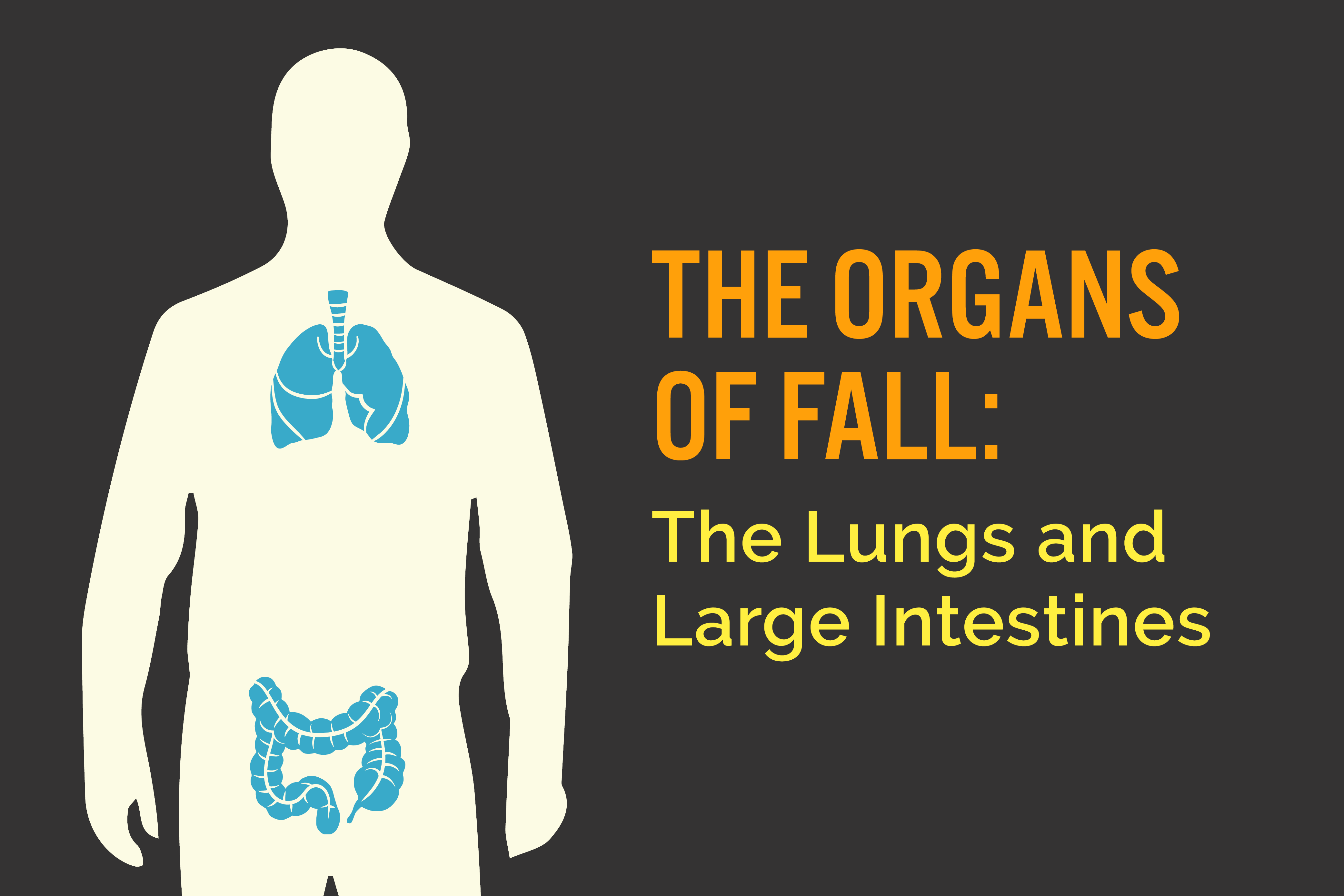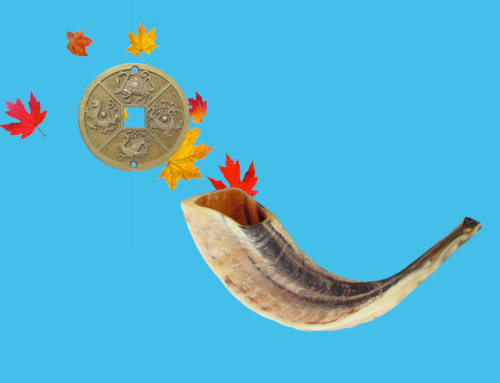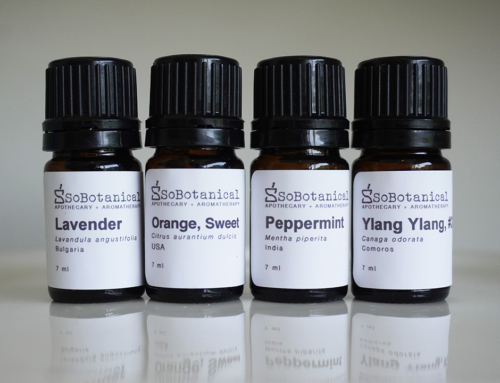In Traditional Chinese Medicine (TCM), the concept of “organs” is somewhat different from that of Western medicine. TCM organs are more than just physical structures – they are functional systems with broader roles in the body’s overall health.
According to TCM, each season is associated with specific organs, as well as an element and emotion. The fall season is closely linked to the Lungs, along with its partner organ the Large Intestine. Both are connected to the Metal element and the emotions of grief and sadness. Emotionally and physically, the Lungs and Large Intestine are responsible for helping you “let go” of whatever you don’t need – from life experiences to emotions to actual metabolic by-products.
Fall’s Element and Emotion
Representing refinement, the Metal element symbolizes separating that which is spent, impure or unnecessary from that which is pure. Through this elimination, we strip away impurities in order to reach a state of essence. Both the Lungs and Large Intestine function in this way of taking in what serves the body and releasing what doesn’t.
This “letting go” can also be through releasing certain emotions or attachments. In particular, the fall season is related to the feelings of grief and sadness. While challenging, grief allows us to confront our losses and let go of ideas, behavior and relationships that are no longer available or meaningful.
Lungs
The Lungs are one of the most vital organs in TCM and play a crucial role in regulating the body’s Qi (energy) and respiration. While the taking in of oxygen is important, this inward and outward movement of breathing, an entering and exiting of our essence, gives us our sense of survival and being. During the fall, the lungs are more vulnerable so it’s essential to take care of them, especially if you have respiratory issues.
The Lungs house the spirit known as Po, often referred to as the “corporeal soul” or “animal soul.” Considered the earthly aspect of the soul, the Po spirit relates to our physical body, instincts, and our connection to the physical world. Po is also responsible for our survival instincts, such as the fight-or-flight response.
When the Lungs and Po spirit are balanced and strong, a person is able to speak clearly, breathe deeply, and be assertive and fair. When unbalanced, a person will have weak respiratory function, have strong feelings of sorrow and grief, and live in the past with an inability to move forward.
Large Intestine
As the Lungs’ partner organ, the primary function of the Large Intestine is to receive waste material (the remnants of digested food) from the Small Intestine, extract moisture from it, and then eliminate the remaining waste from the body. It plays a crucial role in maintaining the body’s water balance and regulating bowel movements. Proper Large Intestine function is essential for healthy digestions and the elimination of toxins.
The health of the Large Intestine can affect a person’s emotional well-being and vice versa. For example, a healthy large intestine is thought to help individuals release emotional blockages and find balance and clarity in their lives. Whereas an unhealthy Large Intestine can manifest as emotional disturbances related to letting go of things, people, or situations in life. Also, prolonged grief or sadness is thought to impact the function of the large intestine and lead to physical symptoms like constipation or diarrhea.
Lifestyle Tips
To support the health of the Lungs and Large Intestine during the fall, try practicing the following tips:
Stay Hydrated
As we start the descent in to winter, dryness becomes a factor for both Lung and Large Intestine health. Stay hydrated and maintain moisture in the body by drinking adequate amounts of water and eat hydrating foods such as soups and stews. Staying adequately hydrated helps to stave off pathogens and bacteria, as well as prevent constipation and promote healthy Large Intestine function.
Practice Good Skincare
Both the Lungs and Large Intestine are connected to the skin. Skin problems may worsen or manifest during the fall season, so it’s advisable to pay more attention to skincare during this time.
Consider Diet and Nutrition
Nourishing foods associated with the Lungs and Metal element include pears, apples, white mushrooms, radishes, and foods rich in white or light-colored pigments. Avoid excessive cold or raw foods and instead eat more warm, cooked dishes. For the Large Intestine, try eating foods high in fiber like grains, legumes, and vegetables.
Engage in Exercise and Breathing
Engaging in exercises that emphasize deep breathing, such as qigong or tai chi, can be especially beneficial during the fall season. These practices help to strengthen Lung Qi and maintain respiratory health.
Reduce Stress
Engaging in activities that promote relaxation and stress reduction can benefit the Large Intestine and overall digestive health during the fall season. Managing stress can also help prevent digestive imbalances. Activities that help promote relaxation include acupuncture, massage, meditation and a walk in nature.
It’s important to remember that Traditional Chinese Medicine takes a holistic approach to health, considering not only the physical but also the emotional and environmental aspects of an individual’s well-being. If you have specific concerns or health issues related to the organs or emotions of fall, you may want to chat with your acupuncturist for personalized guidance and treatment.





